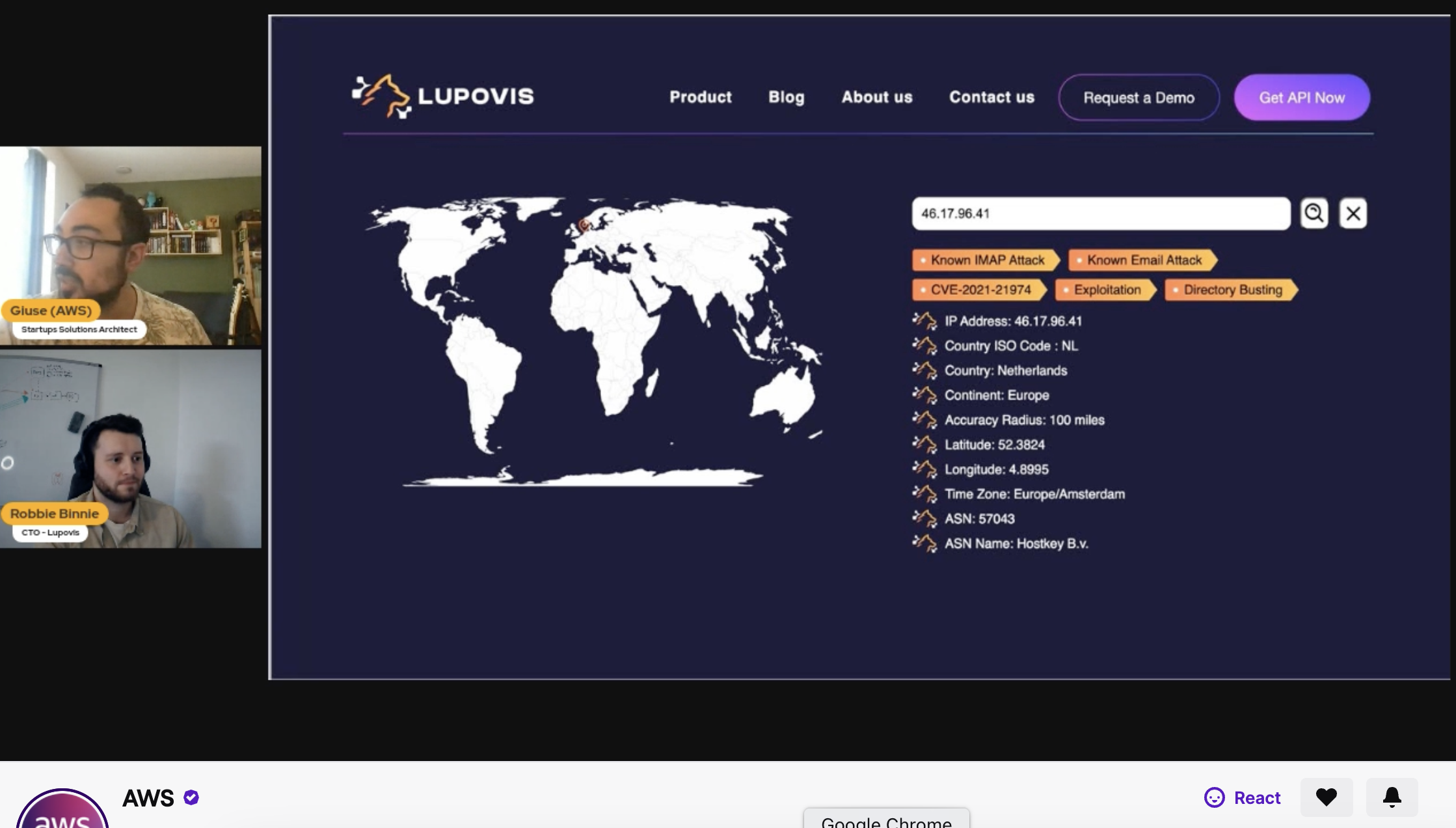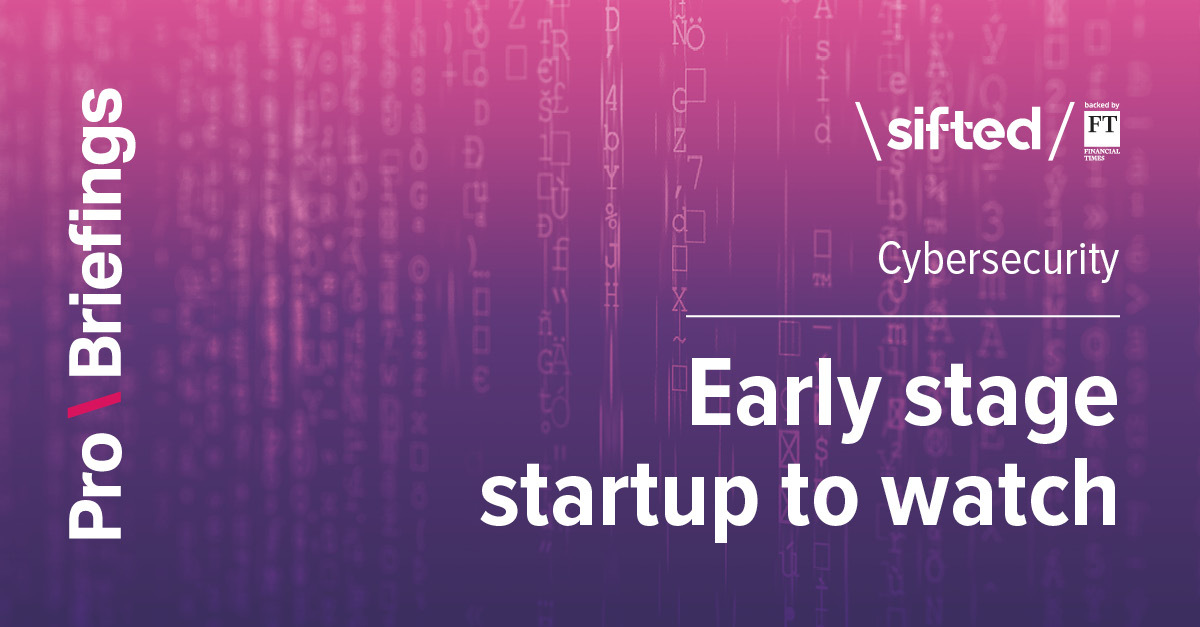Lupovis raises over €700k for their cyber deception solution which makes the hunter the hunted
Lupovis, a cybersecurity spin-out from the University of Strathclyde, has secured a pre-seed investment of over €700k from a syndicate co-led by Techstart Ventures and Nauta Capital, and investment from the University of Strathclyde itself.
Founded in June 2021 by Xavier Bellekens, Glasgow-based Lupovis has created a dynamic deception solution that leads cyber attackers and ransomware away from high value assets, delivering a proactive defence, which turns the ‘hunter into the hunted’.
With this funding, Lupovis is on track to become one of Scotland’s fastest growing cybersecurity startups, and the investment will be used to expand the team and enhance functionalities of the platform. Lupovis is a software-based innovation providing an artificial intelligence (AI)-driven deception environment that enables the definition and execution of pro-active cyber-attack mitigation strategies. Lupovis allows early cyber-attack identification, dynamic management and classification.
The global costs associated with cybercrime are predicted to reach €9 trillion by 2025, and organizations are estimated to be targeted with ransomware every 11 seconds. Cyber defences have therefore never been more critical. Bellekens (CEO) comments that the Lupovis system “uses artificial intelligence to create scenarios which mirror the existing infrastructure of an organization and engages the attacker into believing they are progressing towards assets of value, turning networks from a flock of sheep to a pack of wolves.” Lupovis, an amalgamation of the Latin words for wolf (lupus) and sheep (ovis), offers the attacker incentives that steer them on a certain path.
Lupovis deploys a network of collaborative decoys to lure the attacker away from assets, whether it be personal data or sensitive information, or stop hackers trying to shut down systems to damage business continuity. Once an adversary has penetrated a network, the system entices them by creating an offensive deception environment, which engages the attacker from the minute a move is made within the network. Lupovis’ deception framework is embedded with manipulation and gamification methodologies, which means the engagement of the hacker is maintained with a sequence of faux targets, decoys and honeypots – to guide the breach along network paths, away from valuable targets.
Bellekens also noted that the Lupovis platform is in a “a unique position where we have unrivalled data on attacker techniques, methods and behaviour. We will feed this data into our platform, so our customers will always remain one step ahead of attackers, predicting their next move, long before they actually make it.”
The platform therefore offers an innovative and proactive approach to cybersecurity. The benefits being that business can enjoy uninterrupted business continuity, whilst simultaneously gathering information on the hacker’s skills and strategies that can then inform digital security teams of the optimal countermeasures to confront the hacker. This also results in a reduction of the impact of a security breach and maintains the operational integrity of the organization.
Prior to this investment, Lupovis had secured funding from the Department for Digital, Culture, Media and Sport’s Cyber Security Academic Start-ups Accelerator Programme (CyberASAP), which aims to translate academic research in cyber protection to commercial opportunities, Scottish Enterprise’s High Growth Start-up Programme to prove the “Commercial Opportunity” and CENSIS, Scotland’s Innovation Centre for “Sensing, Imaging and Internet of Things (CENSIS)”.
Learn about Lupovis deception solution here
Speak to an Expert
Whether you have a specific security issue or are looking for more information on our Deception as a Service platform, simply request a call back with one of our security experts, at a time that suits you.


